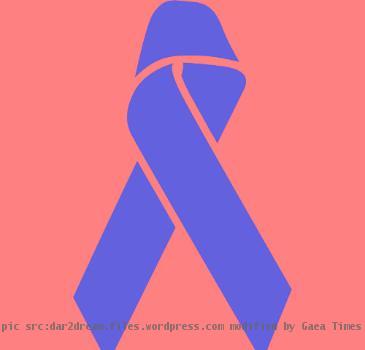HIV/AIDS still a serious health problem: WHO
By IANSWednesday, December 1, 2010
NEW DELHI - The World Health Organisation (WHO) Wednesday said that HIV/AIDS is still a serious public health problem, although Southeast Asian countries were witnessing a downward trend in new HIV cases.
Children are the most vulnerable group, with such cases having increased by 46 percent between 2001 and 2009, WHO said.
“The threat of HIV/AIDS to children highlights the need to strengthen health systems at the primary healthcare level and to integrate HIV-specific interventions within broader maternal and child health services,” WHO regional director for Southeast Asia Samlee Plianbangchang said.
Globally, an estimated 33.3 million people live with the virus, and 2.6 million were infected in 2009. About 2.3 million people live with AIDS in India.
Regionally, women constitute 37 percent of the 3.5 million people living with HIV/AIDS in Southeast Asia, and without any intervention, about a third of infants born to HIV-positive mothers could acquire the virus.
“The virus can be transmitted to an infant during pregnancy, delivery or breastfeeding. However,only one in three HIV-positive women can currently access antiretroviral treatment (ART) in the Southeast Asian region,” he said.
Widespread implementation of WHO’s new guidelines on the use of ART drugs for treating pregnant women and preventing HIV infection in infants could substantially reduce pediatric HIV and improve maternal and child survival, he added.
